What Are the Optimal Support Parameters in Meshfree Methods, and How Can We Compute Them?
Please login to view abstract download link
Meshfree and particles methods offer exceptional flexibility in constructing discretizations for partial differential equations (PDEs): the order of accuracy, continuity, and zone of influence of each particle (i.e., shape function support) can all be defined in a nearly arbitrary fashion. The ability to define the support in the current configuration removes the map to the initial one and allows limitless deformations [1]. With carefully attention to stability [2], accurate simulations of extreme deformations are enabled, not possible with the Lagrangian finite element method. Nevertheless, the optimal selection of shape, measure, and continuity of the approximation remains elusive. It is well known that trade-offs exist between the chosen parameters and accuracy in solving both smooth and rough PDEs, but virtually no systematic studies of this have been presented in the literature. Therefore, a source of additional accuracy in difficult simulations has remained untapped for decades. In this work, we examine the effect of the support size and kernel continuity on accuracy of the reproducing kernel formulation. Manual searches are conducted, which illuminate certain trends and rules of thumb. Next, a strategy for automatically optimizing these parameters is presented, using both gradient-based optimization and genetic algorithms. A key issue here is the computability of the target error to be minimized: when quadrature is introduced into the Galerkin questions, the best approximation no longer holds, so minimizing the error no longer corresponds to minimizing the energy. Strategies to overcome this issue are presented, including variationally consistent integration and higher-order quadrature. REFERENCES [1] P. C. Guan, S. W. Chi, J.S. Chen, T. R. Slawson and M. J. Roth, “Semi-Lagrangian reproducing kernel particle method for fragment-impact problems”, Int. J. Impact Eng., 38, 1033-1047 (2011). [2] J. Wang, M. Hillman, D. Wilmes, J. Magallanes and Y. Bazilevs, “Smoothed naturally stabilized RKPM for non-linear explicit dynamics with novel stress gradient update.” Comp. Mech., 75(1), 137-158 (2025).

